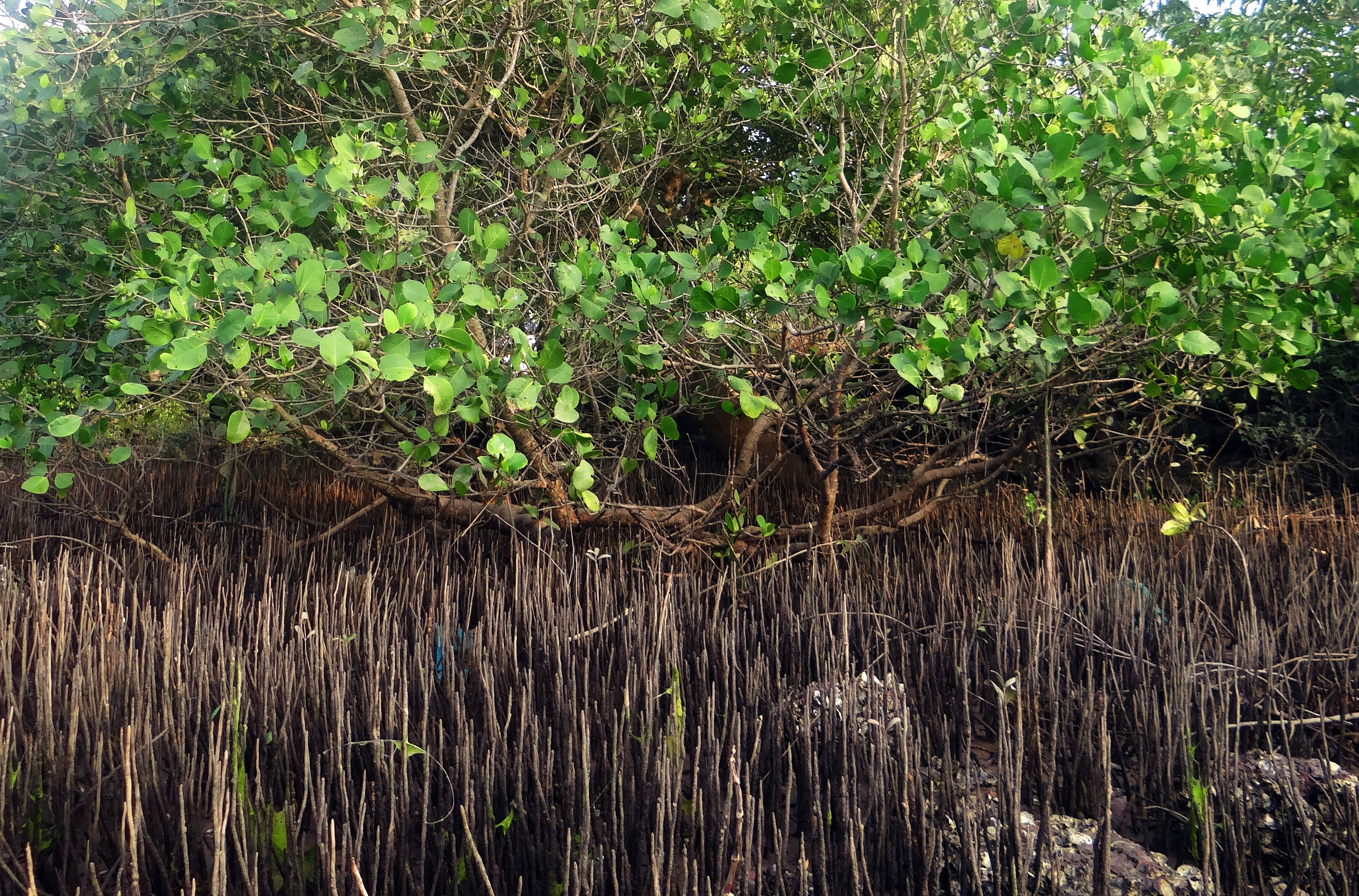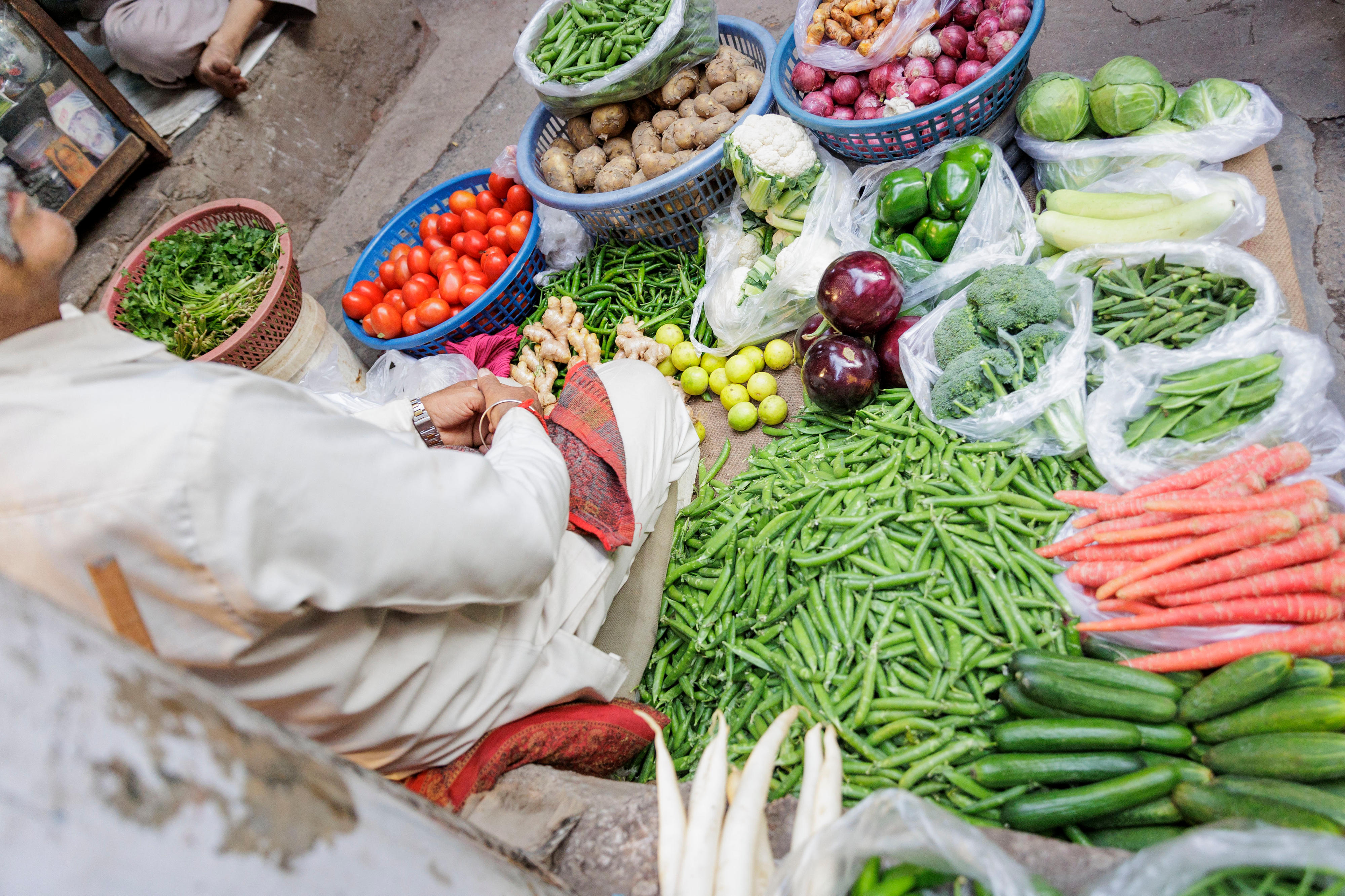Priority area “Climate resilience, agroecology, environmental and resource protection” Protecting ecosystems, ensuring healthy nutrition, adapting to climate change
Agriculture is the source of livelihood for the majority of India’s people. However, 40 per cent of the country’s forest areas and 60 per cent of its agricultural land are already affected by degradation. The consequences of climate change such as droughts, heat waves and flooding are exacerbating these problems.
Germany’s development cooperation with India focuses on systematically mapping and analysing environmental change and climate risks, developing adaptation strategies and local development plans, establishing climate-proof social protection systems and developing innovative financing and protection models (Climate risk insurance). Particular attention is always paid to especially vulnerable and disadvantaged segments of the population.
As a result of Indo-German cooperation activities, around 10 million hectares of land is now being managed in a sustainable, climate-smart way. Livelihoods have been improved for over 11 million people, who have been able to increase their incomes through sustainable resource management. Eight federal states have introduced climate action plans for increasing climate resilience in collaboration with the local population.
Agroecology
In 2022, the BMZ and India’s agriculture ministry agreed on a flagship initiative: Agroecology and Sustainable Management of Natural Resources. This initiative, in which the private sector, academia and civil society are also involved, is supporting the Indian government in its agroecological transition towards more resilient and sustainable agricultural and food systems.
Small-scale farmers are assisted in managing their land sustainably and in minimising the risk of crop failure despite the increasing risks of climate change. The activities are aimed at improving the quality of soil and its water and carbon storage capacity, increasing yields and incomes, and reducing farmers’ spending on artificial fertiliser and pesticides. When it comes to knowledge-sharing, implementing innovative ideas and using digital tools, women’s self-help groups play a central role.
The goals of this initiative are also fostered through the projects the BMZ is supporting in India as part of its Special Initiative “Transformation of Agricultural and Food Systems”. One example is the Indo-German Global Academy for Agroecology Research and Learning (IGGAARL), which was established in the state of Andhra Pradesh in 2022. Small enterprises are also receiving support in transitioning to agroecology via the International Fund for Agricultural Development (IFAD).
Water security
India’s natural water resources – both surface water and groundwater – are under serious threat from pollution, overexploitation, intensive use of mineral fertiliser and pesticides, and the impacts of climate change. Some 30 per cent of the wetlands that are significant for water security are already degraded. The BMZ therefore supports the environmentally sustainable and efficient use of water resources, alongside data-based planning activities to improve water security, particularly in agriculture.
Forest ecosystems
India’s forests are the source of livelihood for over 300 million people. They are home to 80 per cent of biodiversity on land, and they play an important role as carbon sinks.
The aim of Indo-German cooperation efforts is to protect biodiverse forest ecosystems, restore important habitats and conserve them through sustainable use. There is a special focus on preserving sources of livelihood for Indigenous Peoples (such as the Adivasi). Measures include promoting agroforestry practices and creating alternative income opportunities, for example via the voluntary market in climate certificates.
As at: 03/09/2024

